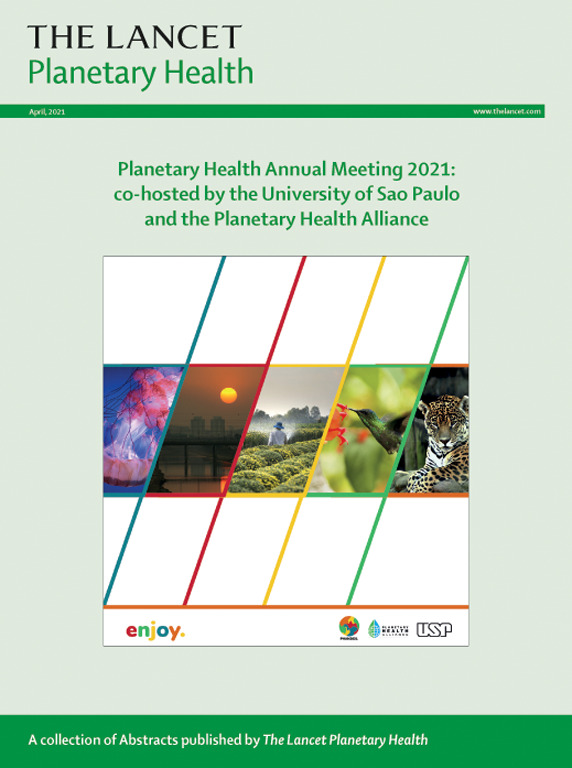Global epidemiology of paralytic shellfish poisoning: a systematic search literature review
IF 21.6
1区 医学
Q1 ENVIRONMENTAL SCIENCES
引用次数: 0
Abstract
We are in the midst of the UN Decade of Ocean Science for Sustainable Development (2021–30), which provides a timely opportunity for the epidemiological community to assess the global burden of thalassogenic diseases such as paralytic shellfish poisoning (PSP). In this epidemiological review, we used systematic search tools to summarise 152 peer-reviewed articles describing human PSP cases. Our analysis revealed that PSP cases have been reported from every inhabited continent; symptoms reported by patients might differ by continent; and exposure sources are not limited to the eponymic shellfish. Furthermore, most cases described lacked demographic details that could aid in a more comprehensive understanding of PSP epidemiology. Overall, this Review highlights PSP as a true global health concern; however, the overall poor quality of available data underscores the need for greater epidemiological attention as an understudied global health challenge.
麻痹性贝类中毒的全球流行病学:系统检索文献综述。
我们正处于联合国海洋科学促进可持续发展十年(2021- 2030)的中期,这为流行病学界提供了一个及时的机会,以评估麻痹性贝类中毒(PSP)等海洋源性疾病的全球负担。在这篇流行病学综述中,我们使用系统搜索工具总结了152篇同行评议的关于人类PSP病例的文章。我们的分析显示,每个有人居住的大陆都报告了PSP病例;患者报告的症状可能因洲而异;而且暴露源不仅限于同名贝类。此外,所描述的大多数病例缺乏有助于更全面了解PSP流行病学的人口统计学细节。总的来说,本综述强调PSP是一个真正的全球卫生问题;然而,现有数据的总体质量较差,突出表明需要加大对流行病学的关注,将其作为一项未得到充分研究的全球卫生挑战。
本文章由计算机程序翻译,如有差异,请以英文原文为准。
求助全文
约1分钟内获得全文
求助全文
来源期刊

Lancet Planetary Health
Multiple-
CiteScore
28.40
自引率
2.30%
发文量
272
审稿时长
8 weeks
期刊介绍:
The Lancet Planetary Health is a gold Open Access journal dedicated to investigating and addressing the multifaceted determinants of healthy human civilizations and their impact on natural systems. Positioned as a key player in sustainable development, the journal covers a broad, interdisciplinary scope, encompassing areas such as poverty, nutrition, gender equity, water and sanitation, energy, economic growth, industrialization, inequality, urbanization, human consumption and production, climate change, ocean health, land use, peace, and justice.
With a commitment to publishing high-quality research, comment, and correspondence, it aims to be the leading journal for sustainable development in the face of unprecedented dangers and threats.
 求助内容:
求助内容: 应助结果提醒方式:
应助结果提醒方式:


